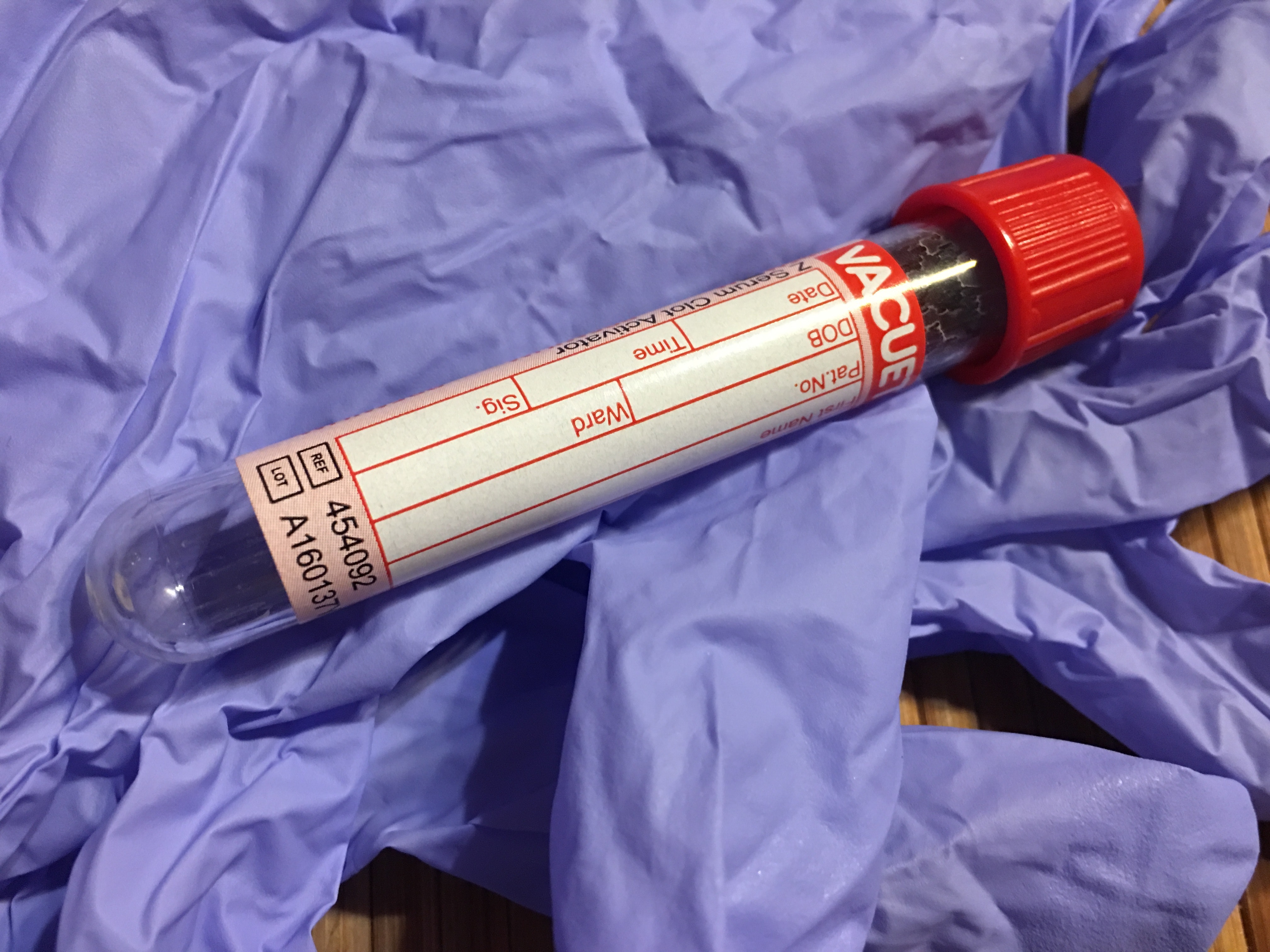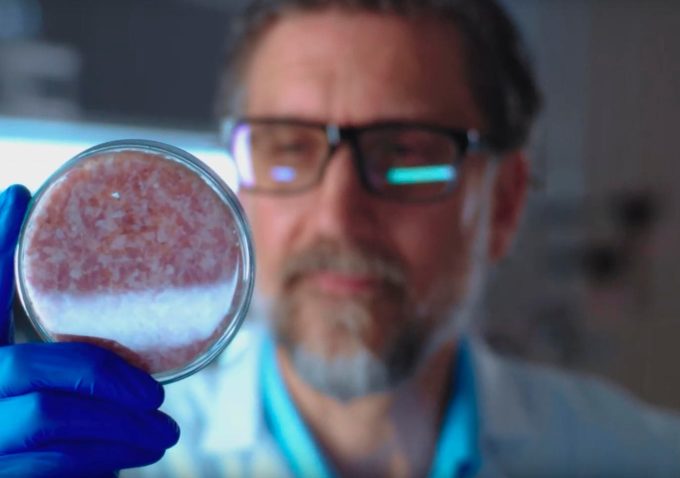CrisBio® is a versatile and robust alternative to current bioreactor-based expression technologies and offers additional benefits including linear scalability, reduced production costs and increased productivity, reaching gram per litre yields.
Algenex has deep expertise in the production of proteins for the production of vaccines for zoonotic diseases that can be transferred to humans. The Company has completed a proof of concept study in avian influenza, a zoonotic disease with potential to turn into a global pandemic. In this study, Algenex demonstrated its ability to develop a fully functional and safe vaccine in only four months, using animal models, an experience upon which it now intends to build to join the fight against pandemics.
Zoonosis
According to Animal Health Europe, more than 2.2 million people die every year from zoonosis, with 75% of new infectious diseases affecting humans coming from animals, such as the recent COVID-19 pandemic.
“Algenex’ CrisBio® technology is able to produce proteins for vaccines more efficiently, economically and rapidly than current available bioreactor-based expression technologies,” said Dr. José Escribano, founder and CSO of Algenex. “As a result, Algenex is ideally positioned to produce and supply large quantities of proteins to pharmaceutical companies developing and manufacturing vaccines quickly and at competitive prices. This would enable widespread immunization, in particular in countries with weak economies and less advanced public health systems.”
“By expanding the use of our CrisBio® technology into human health, we are now able to fully exploit the potential of this platform,” said Claudia Jiménez, General Manager of Algenex. “With CrisBio we are able to produce a new vector for the development of a potential new vaccine in less than two months. The insects we use as bioreactors are easy to rear in almost unlimited quantities and in a short period of time, allowing almost immediate and unlimited scalability once the parameters for the production have been defined.”




